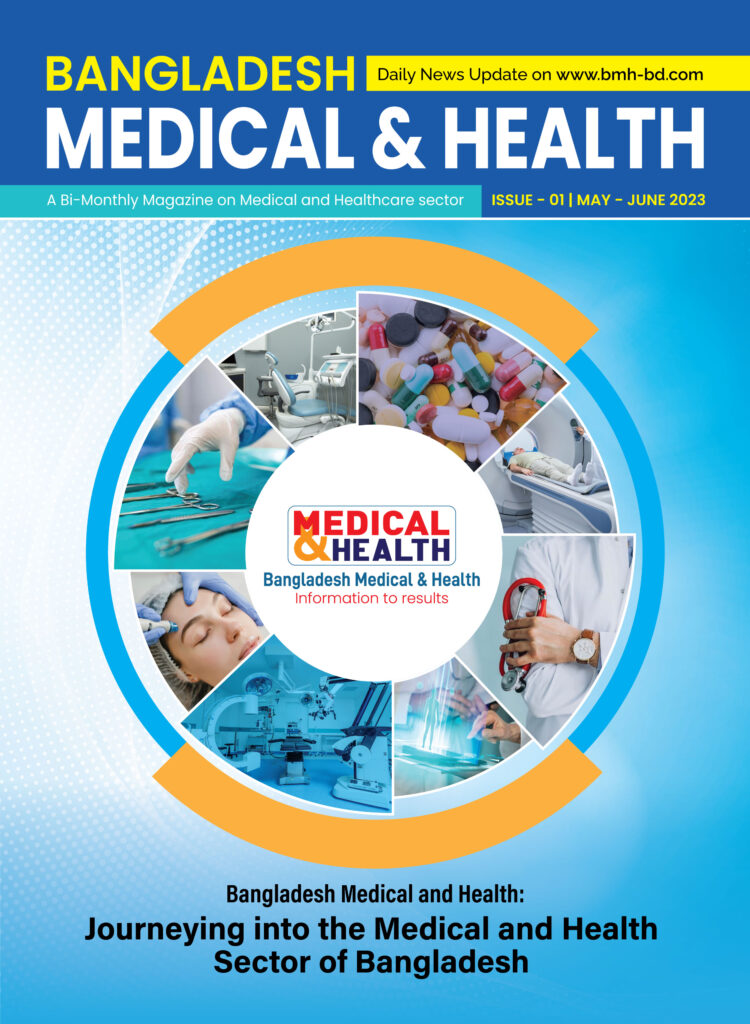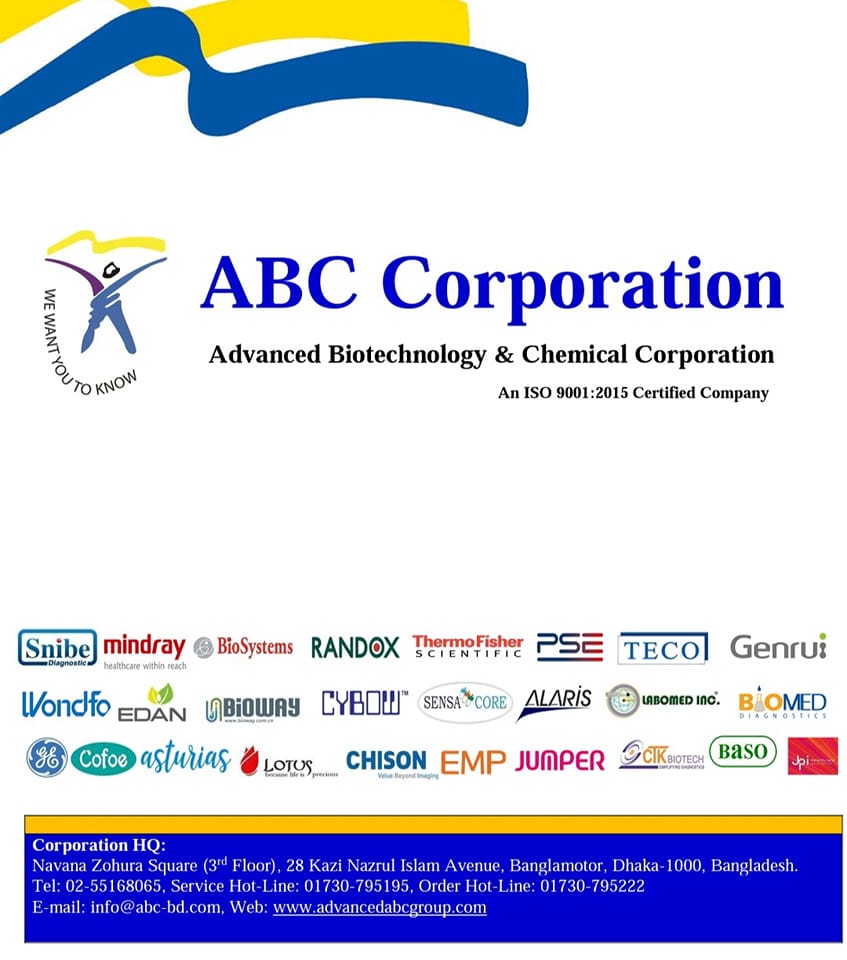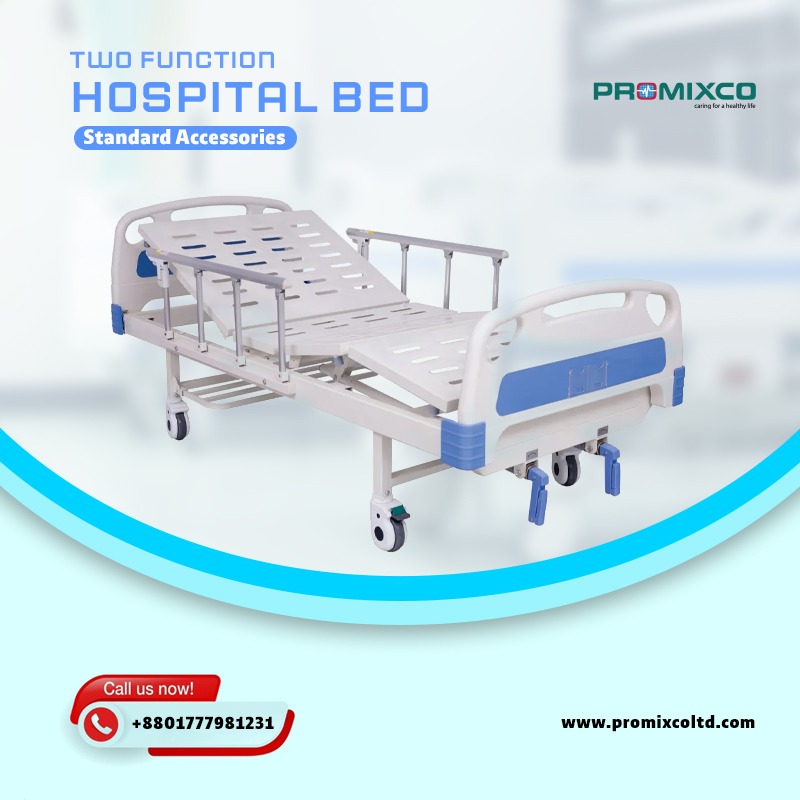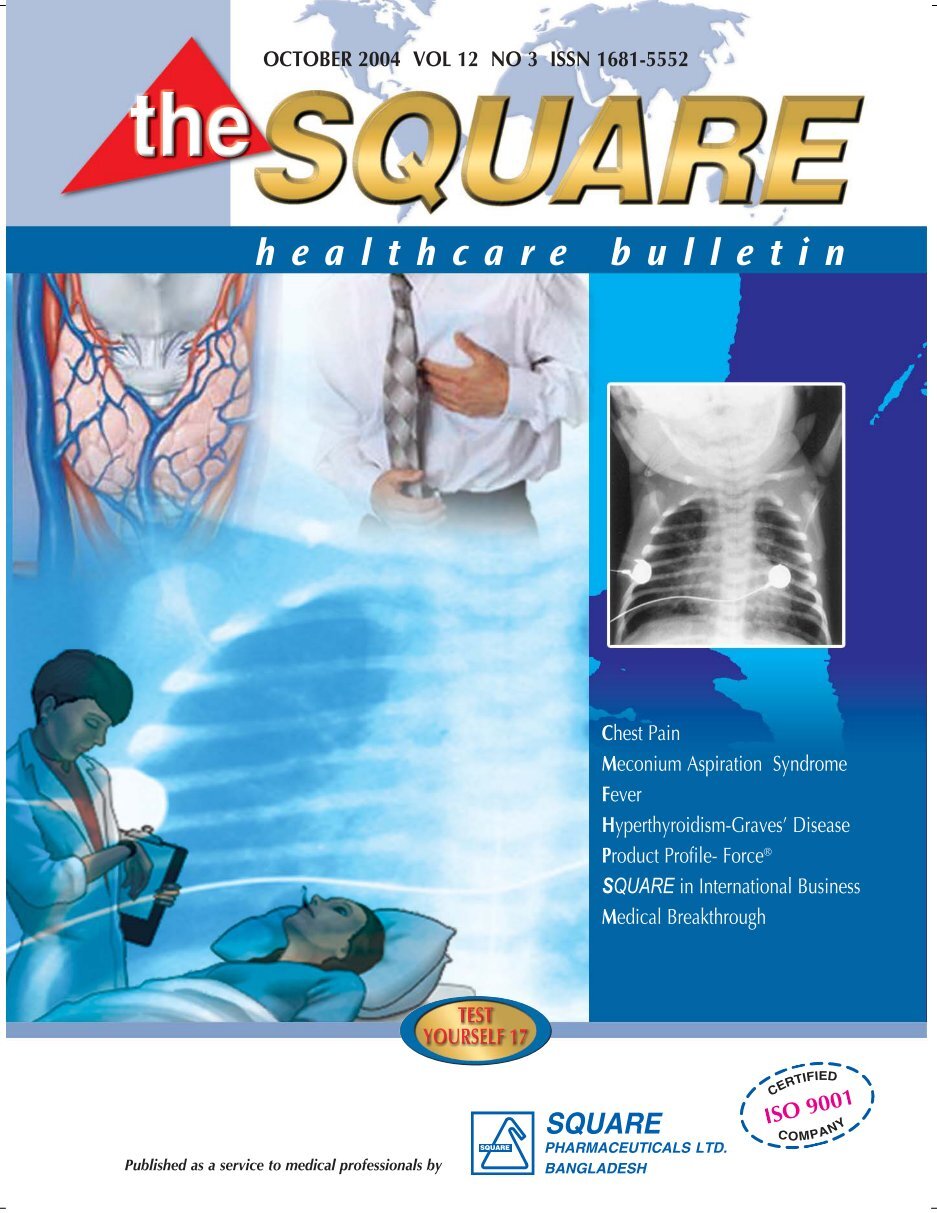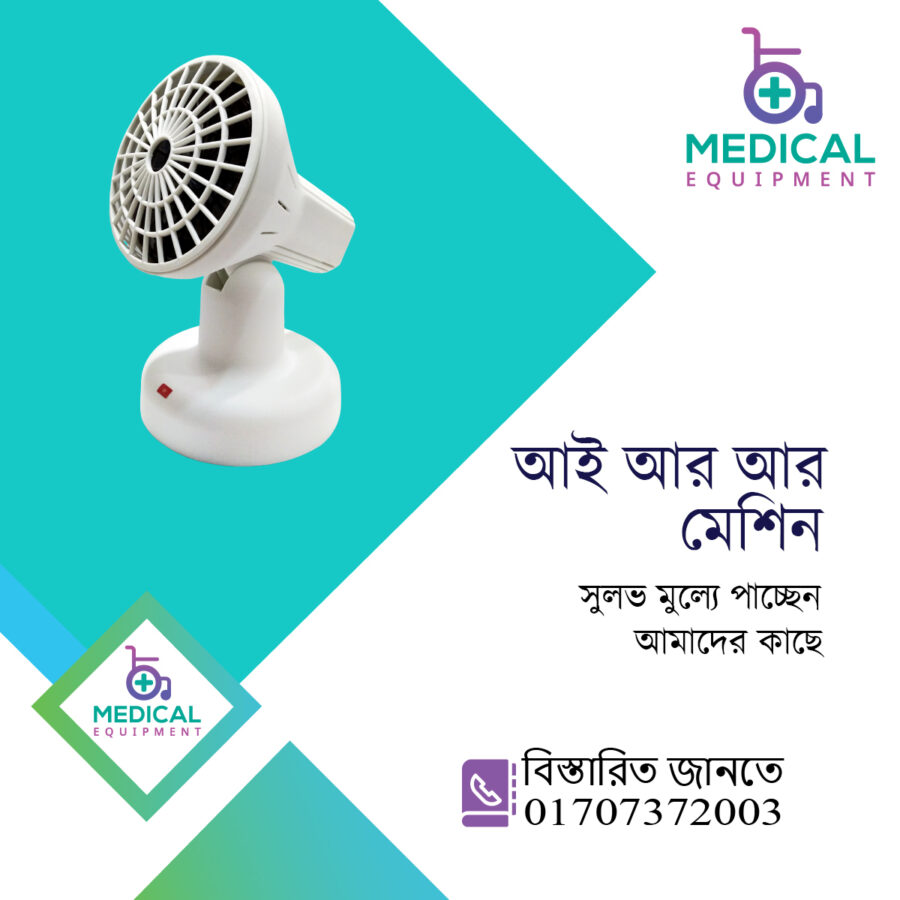Understanding Early Signs of Pregnancy: A Comprehensive Guide

Introduction:
Pregnancy is a transformative journey that brings about significant physical and emotional changes in a woman’s life. The early stages of pregnancy, encompassed within the three trimesters of 13 weeks each, mark the beginning of a remarkable process of nurturing and growth. While there are various signs and symptoms that may indicate pregnancy, it’s essential to understand that many of these signs are presumptive and not definitive. In this article, we will explore the early signs of pregnancy, their significance, and how they can help you recognize the exciting journey you may be embarking upon.
The Presumptive Signs:
Early signs of pregnancy can be classified into three categories: presumptive, probable, and positive. Presumptive signs are those that are commonly experienced but may also be associated with other conditions. These signs can provide a hint of pregnancy, but further confirmation is needed.
- Missed Period: One of the most well-known early signs of pregnancy is a missed period or loss of menstruation. While this can be an indicator of pregnancy, it is not entirely reliable, especially for women with irregular menstrual cycles. However, if accompanied by other symptoms like nausea, breast tenderness, fatigue, and increased urination, a missed period gains more significance.
- Nausea and Vomiting (Morning Sickness): Morning sickness, characterized by feelings of nausea and vomiting, is another common early sign of pregnancy. These symptoms can occur throughout the day and are often more pronounced in the morning. While morning sickness is frequently associated with pregnancy, it can also be caused by other factors like gastrointestinal disorders or food poisoning.
- Breast Tenderness: Many women experience breast tenderness or sensitivity during early pregnancy. This can manifest as a feeling of heaviness, soreness, or increased sensitivity in the breasts. However, breast tenderness can also be a premenstrual symptom or caused by other hormonal changes.
- Fatigue: Feeling tired or experiencing unusual fatigue is another early sign of pregnancy. The body undergoes significant hormonal changes during pregnancy, which can contribute to feelings of exhaustion. However, fatigue can also be attributed to other factors such as stress, anemia, or viral infections.
- Increased Urination: Frequent trips to the bathroom due to increased urination can be an early sign of pregnancy. This occurs as a result of hormonal changes that affect kidney function and fluid balance. However, urinary frequency can also be caused by urinary tract infections or other underlying medical conditions.

The Importance of Confirmation:
While these presumptive signs can provide clues about pregnancy, it’s crucial to confirm the presence of pregnancy through reliable means. Home pregnancy tests, based on the detection of urinary human chorionic gonadotropin (hCG), are widely available and can be a valuable initial step to confirm suspicions. Modern pregnancy tests can detect hCG levels even before the expected period, offering an early indication of pregnancy.
Sonographic Signs: Another method of confirming early pregnancy is through diagnostic ultrasound or sonography. This imaging technique allows healthcare professionals to visualize the development of the embryo and various structures within the uterus. Sonographic signs of early pregnancy include:
- Intradecidual Sign: The intradecidual sign refers to the observation of the gestational sac adjacent to a straight uterine cavity within a thickened uterine lining. This sign becomes visible on ultrasound imaging, indicating the early stages of implantation.
- Double-Bleb Sign: Around two weeks after the intradecidual sign, the first evidence of the embryo can be seen. This is characterized by the presence of two bubbles – the amniotic sac and the yolk sac – attached to the gestational sac’s wall. The embryonic disc, situated between these bubbles, is known as the double-bleb sign and is a significant sonographic indicator of early pregnancy.
Conclusion:
Recognizing the early signs of pregnancy can be an exciting and sometimes challenging experience. While presumptive signs like a missed period, nausea, breast tenderness, fatigue, and increased urination can provide initial hints, it’s crucial to confirm pregnancy through reliable means such as home pregnancy tests or diagnostic ultrasound. By understanding and being aware of these early signs, individuals can seek appropriate prenatal care and embark on the incredible journey of pregnancy with confidence and knowledge.
Remember, every pregnancy journey is unique, and consulting with a healthcare professional is vital for accurate diagnosis and guidance throughout the process.


